Share your results
Please enter your email
Results shared!
We've sent a link to your email so you can access your results at any time.
Learning something new in old age isn’t just possible, it’s also very good for you.

About the author
With more than 40 years of expertise in helping people age well, Hilary O’Connell is LiveUp’s Principal Advisor for Healthy Ageing.
Originally from the UK, Hilary’s career has encompassed work as a clinician, manager, and project leader across the disability and aged care sectors.
The process of learning begins when you’re born and continues your whole life. But we tend to associate learning more with children than we do with older adults. You may have heard the phrase, 'You can’t teach an old dog new tricks', which means it’s impossible to learn new things in old age.
This is a myth!
About the author
With more than 40 years of expertise in helping people age well, Hilary O’Connell is LiveUp’s Principal Advisor for Healthy Ageing.
Originally from the UK, Hilary’s career has encompassed work as a clinician, manager, and project leader across the disability and aged care sectors.
The process of learning begins when you’re born and continues your whole life. But we tend to associate learning more with children than we do with older adults. You may have heard the phrase, 'You can’t teach an old dog new tricks', which means it’s impossible to learn new things in old age.
This is a myth!
Read less...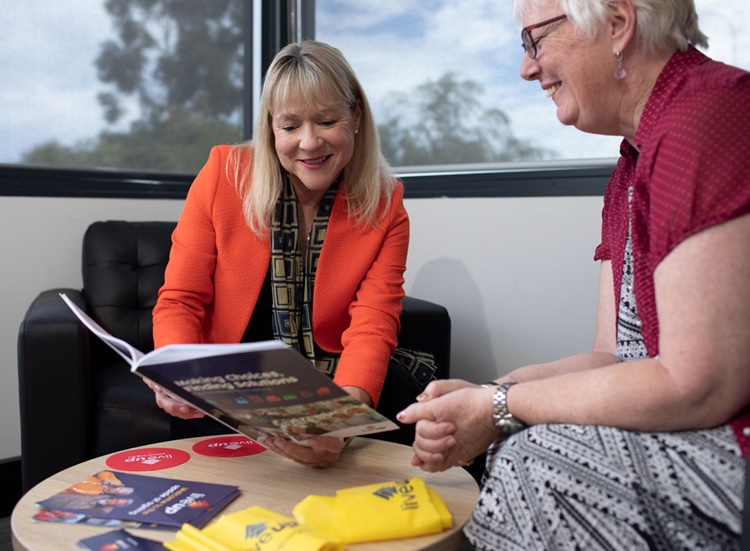
Ageing is associated with structural and functional changes in the brain. Some changes in cognition are normal with age, such as slower reaction times and reduced problem-solving abilities. Age-related diseases will also speed this up. However, your cumulative knowledge and experiential skills don't just fade away. In fact, many older adults outperform their younger counterparts on intelligence tests that draw on these skills. And your brain maintains its ability to grow new cells and adapt. That means you can keep learning no matter your age. Doing so can even delay age-related decline.
We know children have great capacity for learning. They are motivated do so and lack the shame adults may feel about not already knowing all the answers. We also expect children to learn, and they know this. We make many efforts to encourage their learning. But what if we recreate these conditions for adults? If we encourage their learning and express optimism for their ability? It appears, in that case, adults can show similar capability.
Ageing is associated with structural and functional changes in the brain. Some changes in cognition are normal with age, such as slower reaction times and reduced problem-solving abilities. Age-related diseases will also speed this up. However, your cumulative knowledge and experiential skills don't just fade away. In fact, many older adults outperform their younger counterparts on intelligence tests that draw on these skills. And your brain maintains its ability to grow new cells and adapt. That means you can keep learning no matter your age. Doing so can even delay age-related decline.
We know children have great capacity for learning. They are motivated do so and lack the shame adults may feel about not already knowing all the answers. We also expect children to learn, and they know this. We make many efforts to encourage their learning. But what if we recreate these conditions for adults? If we encourage their learning and express optimism for their ability? It appears, in that case, adults can show similar capability.
Read less...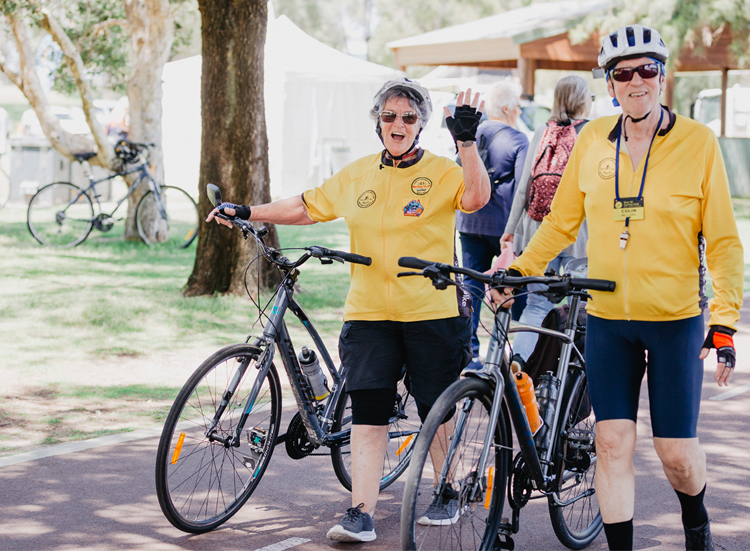
Older adults are capable of learning multiple skills at the same time. (According to a study last updated in 2023.) And it's not only possible, but beneficial too. Learning these skills was found to increase cognitive abilities. To performance levels rivalling middle-aged adults.
The authors say a follow up study showed participants had maintained these gains. In fact, they had even improved more. After 1 year, their cognitive abilities began to rival adults 50 years younger. Possibly because they had learnt how to learn and felt empowered to keep up the practice. The practice of learning new skills has increasing returns in confidence and capability.
Older adults are capable of learning multiple skills at the same time. (According to a study last updated in 2023.) And it's not only possible, but beneficial too. Learning these skills was found to increase cognitive abilities. To performance levels rivalling middle-aged adults.
The authors say a follow up study showed participants had maintained these gains. In fact, they had even improved more. After 1 year, their cognitive abilities began to rival adults 50 years younger. Possibly because they had learnt how to learn and felt empowered to keep up the practice. The practice of learning new skills has increasing returns in confidence and capability.
Read less...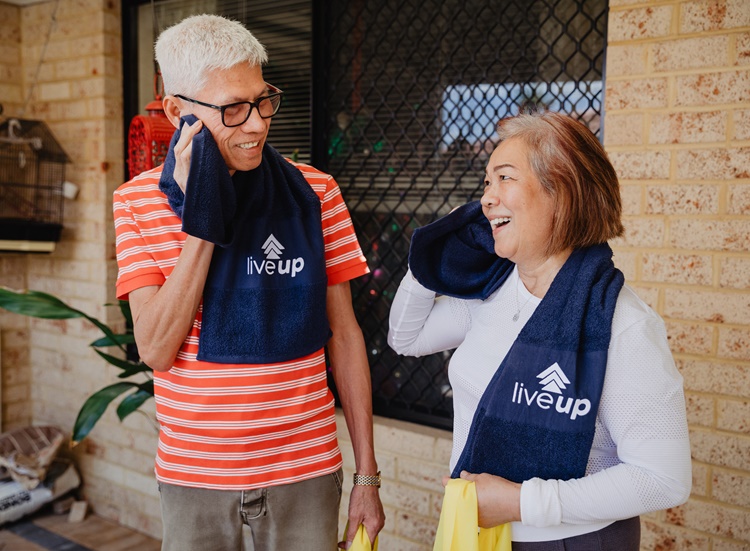
So, learning has the benefit of exercising your brain. This means it helps you build your cognitive reserve. Which makes you more resilient to cognitive decline and diseases such as dementia. In fact, it strengthens neural connections, improving your memory.
Learning also creates opportunities to socialise. You can join a club and discuss your new knowledge with others. For healthy ageing, it's important to keep connected with your community.
And learning gives you feelings of accomplishment. It can help you stay adaptable in an ever-changing world, such as embracing new technologies. It also helps you overcome difficult challenges. It makes you feel good about yourself, and it inspires others. Learn more about the benefits of lifelong learning.
So, learning has the benefit of exercising your brain. This means it helps you build your cognitive reserve. Which makes you more resilient to cognitive decline and diseases such as dementia. In fact, it strengthens neural connections, improving your memory.
Learning also creates opportunities to socialise. You can join a club and discuss your new knowledge with others. For healthy ageing, it's important to keep connected with your community.
And learning gives you feelings of accomplishment. It can help you stay adaptable in an ever-changing world, such as embracing new technologies. It also helps you overcome difficult challenges. It makes you feel good about yourself, and it inspires others. Learn more about the benefits of lifelong learning.
Read less....tmb-large%20card.png?sfvrsn=c7fd64e2_2)
Through practice, you can gain something transferable about the learning process. This is demonstrated by the fact that older adults can learn to learn new motor skills. What this means is that learning is a skill you can learn. And like any other skill, practice makes perfect. In other words, learning new skills helps you to learn other new skills more efficiently.
This could be part of what makes kids so good at learning. The fact they spend so much time doing it. It explains why children backslide in their academic progress after long school breaks. Even children can get out of practice when it comes to learning. But when you’re an adult, especially an older one, people aren’t pressuring you as much to go to school anymore. So, what can you do to take charge of your own learning?
Through practice, you can gain something transferable about the learning process. This is demonstrated by the fact that older adults can learn to learn new motor skills. What this means is that learning is a skill you can learn. And like any other skill, practice makes perfect. In other words, learning new skills helps you to learn other new skills more efficiently.
This could be part of what makes kids so good at learning. The fact they spend so much time doing it. It explains why children backslide in their academic progress after long school breaks. Even children can get out of practice when it comes to learning. But when you’re an adult, especially an older one, people aren’t pressuring you as much to go to school anymore. So, what can you do to take charge of your own learning?
Read less...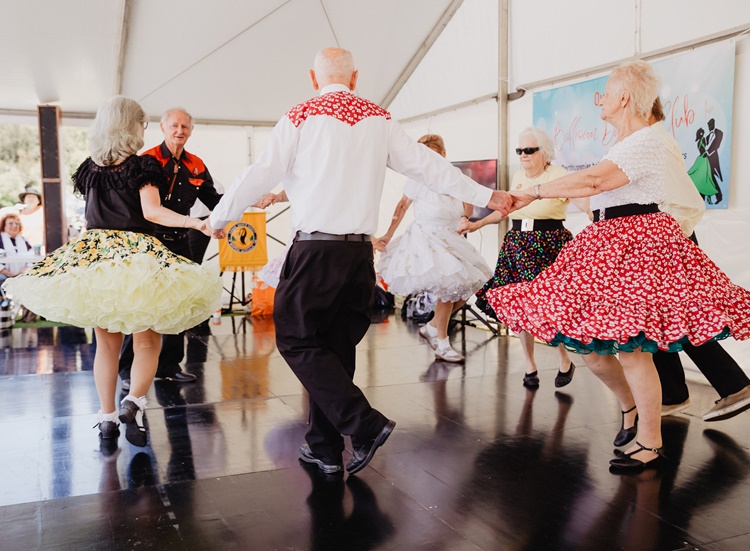
You could take an online or in-person class. Follow your curiosity and study what you find interesting and fun. Perhaps an art history course, a computer science tutorial, or a cooking class. For some online independent study options, check out U3A Online.
You could join a dance class or sport team to learn a new sport.
Find a board games club and learn the rules to new games regularly.
You could even learn to play some video games with your grandchildren. It seems there’s a positive relationship between play time and cognitive performance. (According to a 2023 study.)
You could take an online or in-person class. Follow your curiosity and study what you find interesting and fun. Perhaps an art history course, a computer science tutorial, or a cooking class. For some online independent study options, check out U3A Online.
You could join a dance class or sport team to learn a new sport.
Find a board games club and learn the rules to new games regularly.
You could even learn to play some video games with your grandchildren. It seems there’s a positive relationship between play time and cognitive performance. (According to a 2023 study.)
Read less...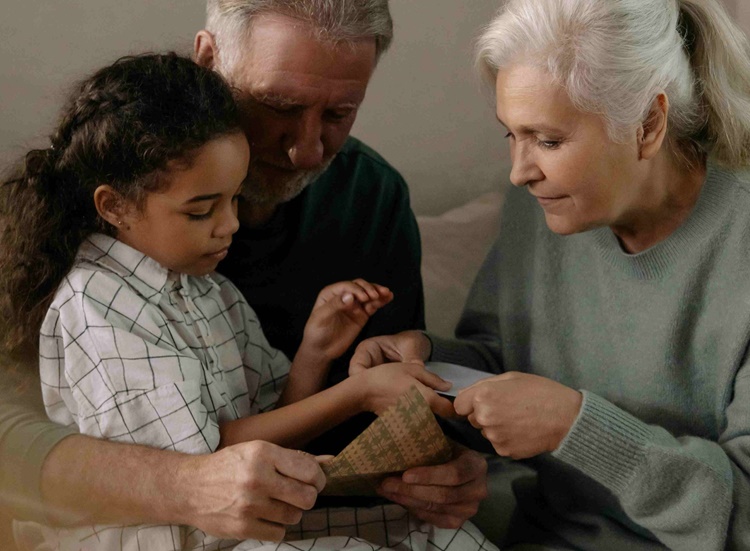
It’s good to pick up new hobbies. The more challenging and unknown to you, the better. Being challenged by a new skill is better for your brain than doing something you’re already good at.
A 2021 study found that white matter neuroplasticity is modulated by novel experiences. That means introducing strange new things makes your brain more adaptable.
In a 2015 study, older people learned high-challenge skills in photography and quilting. The benefits recorded included improvements in memory, attention, and semantic processing. Some benefits were observed to last for at least a year as well.
It’s good to pick up new hobbies. The more challenging and unknown to you, the better. Being challenged by a new skill is better for your brain than doing something you’re already good at.
A 2021 study found that white matter neuroplasticity is modulated by novel experiences. That means introducing strange new things makes your brain more adaptable.
In a 2015 study, older people learned high-challenge skills in photography and quilting. The benefits recorded included improvements in memory, attention, and semantic processing. Some benefits were observed to last for at least a year as well.
Read less...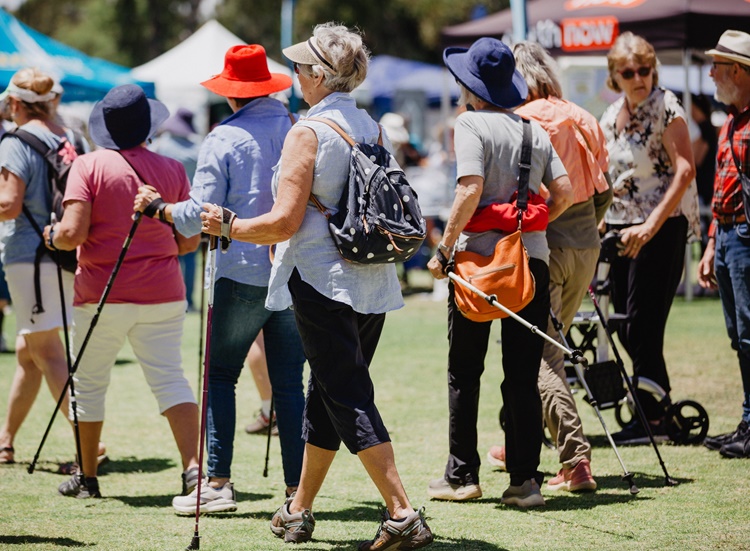
So, there you have it. Learning about fun and unfamiliar things makes learning in general easier. But what else can you do to help your brain learn new skills?
Keeping active is one thing you can do. Regular exercise is as good for your brain as it is for your body. And it relieves stress!
Exercise helps release certain chemicals in your brain. These promote the growth of new brain cells and synapses.
Learn more about exercise and healthy ageing and exercise recommendations for older people.
So, there you have it. Learning about fun and unfamiliar things makes learning in general easier. But what else can you do to help your brain learn new skills?
Keeping active is one thing you can do. Regular exercise is as good for your brain as it is for your body. And it relieves stress!
Exercise helps release certain chemicals in your brain. These promote the growth of new brain cells and synapses.
Learn more about exercise and healthy ageing and exercise recommendations for older people.
Read less...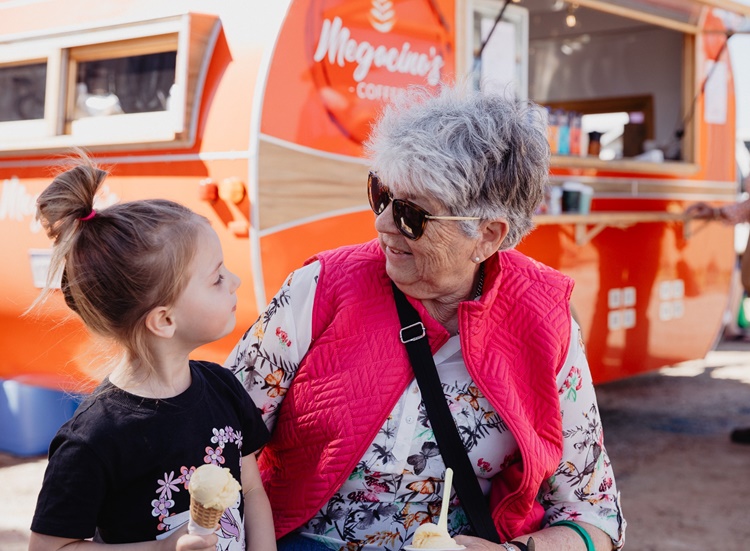
By picking up a new hobby or study habit, you can impact how well you age. You can improve your brain health even if you're already experiencing cognitive decline. It’s never too late to get started!
For ideas and inspiration, explore these articles about older Australians actively living life on their own terms.
If you would like to find local exercise classes, social activities, and helpful tips, take the LiveUp quiz or get in touch with one of our helpful team on 1800 951 971.
By picking up a new hobby or study habit, you can impact how well you age. You can improve your brain health even if you're already experiencing cognitive decline. It’s never too late to get started!
For ideas and inspiration, explore these articles about older Australians actively living life on their own terms.
If you would like to find local exercise classes, social activities, and helpful tips, take the LiveUp quiz or get in touch with one of our helpful team on 1800 951 971.
Galvan, V., & Jin, K. (2007). Neurogenesis in the aging brain. Clinical Interventions in Aging, 2(4), 605-610. https://doi.org/10.2147/cia.s1614
Leanos, S., Kürüm, E., Strickland-Hughes, C. M., Ditta, A. S., Nguyen, G., Felix, M., Yum, H., Rebok, G. W., & Wu, R. (2023). The impact of learning multiple real-world skills on cognitive abilities and functional independence in healthy older adults. The Journals of Gerontology: Series B, 78(8), 1305-1317. https://doi.org/10.1093/geronb/gbad053
Martinez, L., Gimenes, M., & Lambert, E. (2023). Video games and board games: Effects of playing practice on cognition. PLoS One, 18(3), e0283654. https://doi.org/10.1371/journal.pone.0283654
McDonough, I. M., Haber, S., Bischof, G. N., & Park, D. C. (2015). The Synapse Project: Engagement in mentally challenging activities enhances neural efficiency. Restorative Neurology and Neuroscience, 33(6), 865-882. https://doi.org/10.3233/RNN-150533
Molendowska, M., Matuszewski, J., Kossowski, B., Bola, Ł., Banaszkiewicz, A., Paplińska, M., Jednoróg, K., Draganski, B., & Marchewka, A. (2021). Temporal dynamics of brain white matter plasticity in sighted subjects during tactile Braille learning: A longitudinal diffusion tensor imaging study. Journal of Neuroscience, 41(33), 7076-7085. https://doi.org/10.1523/JNEUROSCI.2242-20.2021
Murman, D. L. (2015). The impact of age on cognition. Seminars in Hearing, 36(3), 111-121. https://doi.org/10.1055/s-0035-1555115
Pauwels, L., Chalavi, S., & Swinnen, S. P. (2018). Aging and brain plasticity. Aging, 10(8), 1789-1790. https://doi.org/10.18632/aging.101514
Robson, D. (2017, August 28). The amazing fertility of the older mind. BBC News. Retrieved from https://www.bbc.com
Seidler, R. D. (2007). Older adults can learn to learn new motor skills. Behavioural Brain Research, 183(1), 118-122. https://doi.org/10.1016/j.bbr.2007.05.024
Wu, R., & Church, J. A. (2023, June 29). To stay sharp as you age, learn new skills. Scientific American. Retrieved from https://www.scientificamerican.com
Take our easy OpenUp quiz to get personalised advice and see suggested products, services and support in your local area or online.
Let's go!